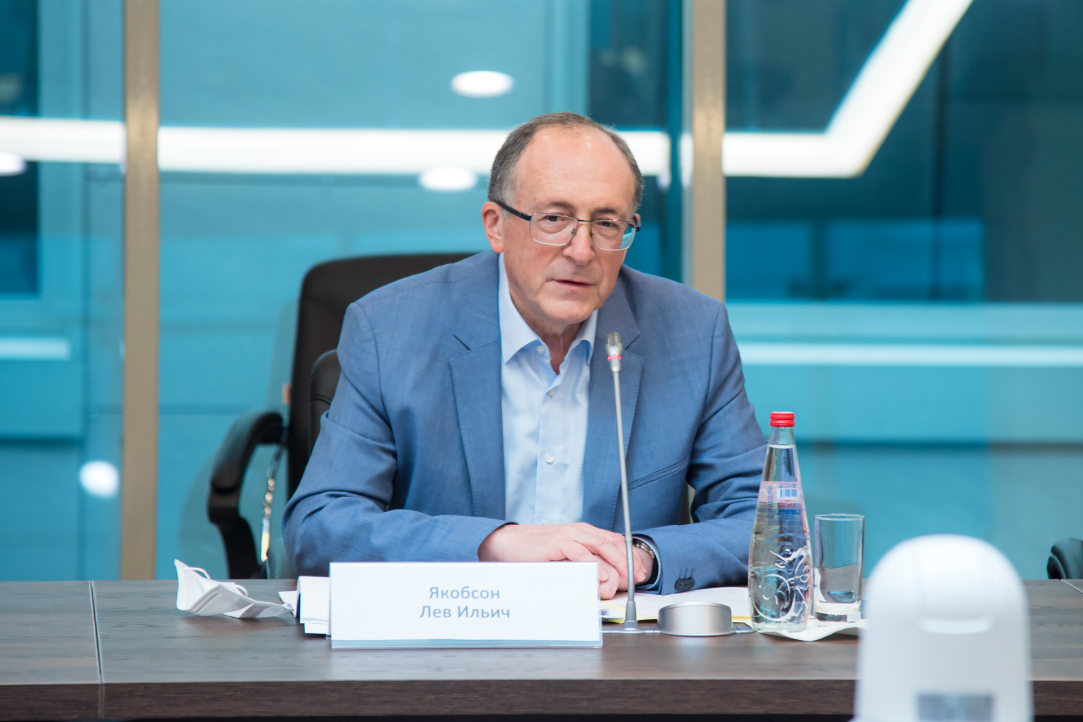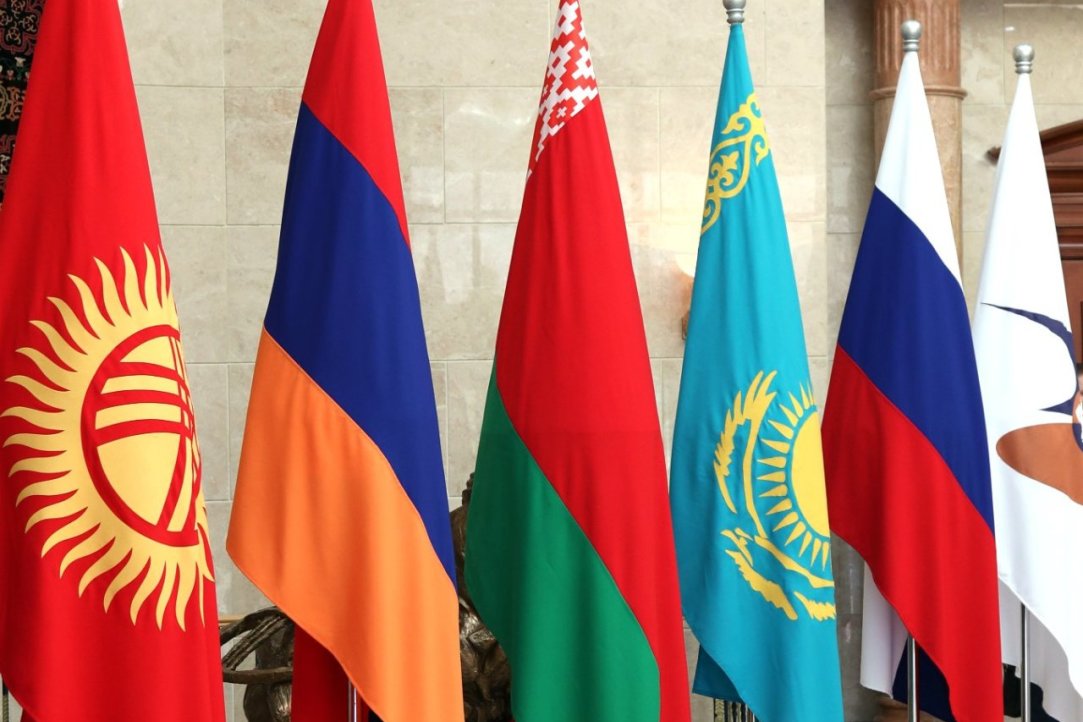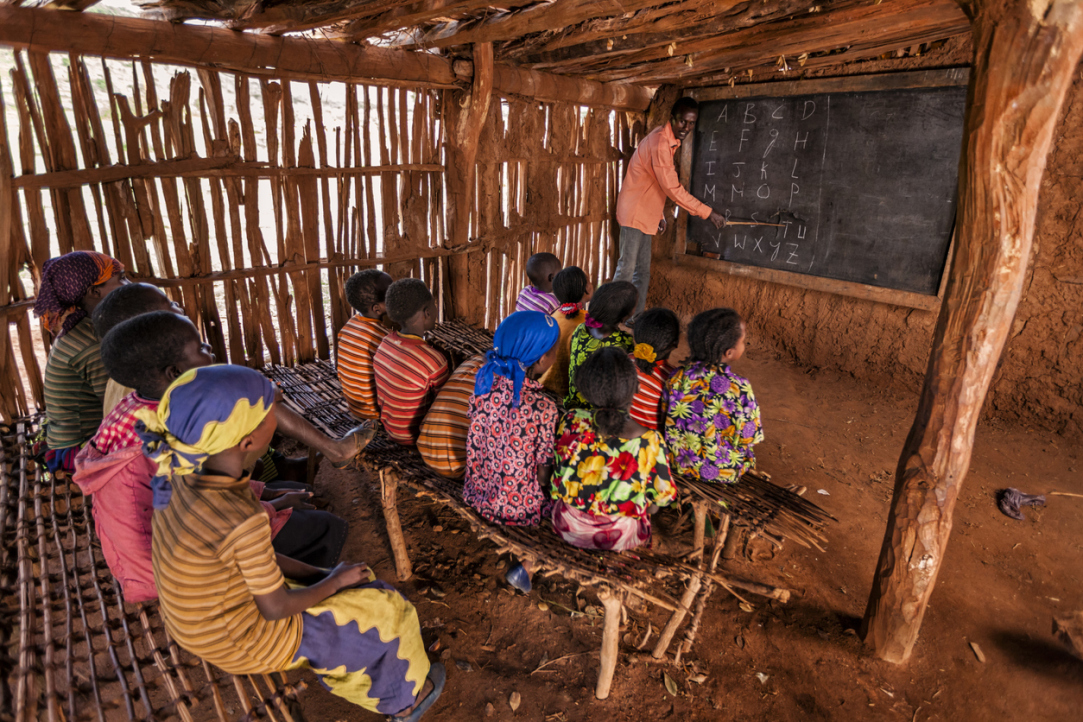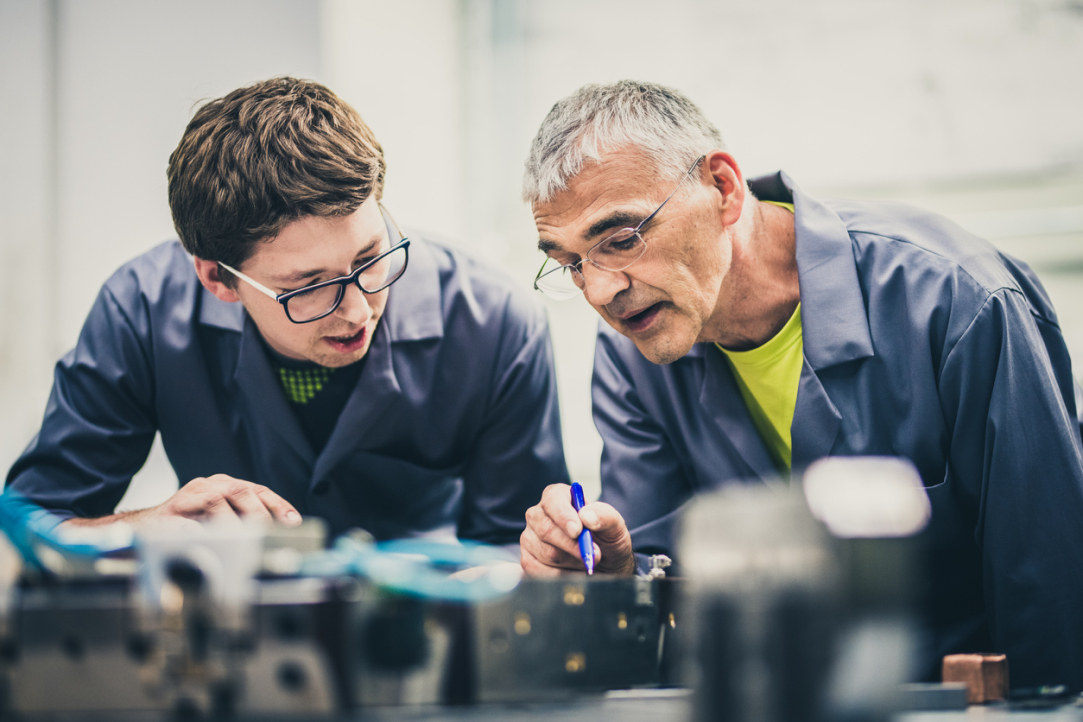From April 21 to 23, 2021, a major online conference of the HSE Art and Design School and the Doctoral School of Art and Design was held on ‘Theories and Practices of Art and Design: Sociocultural, Economic and Political Contexts.’ Experts discussed educational practices in art, its contemporary state, the impact of technology, and prospects for the art industry’s future development.














